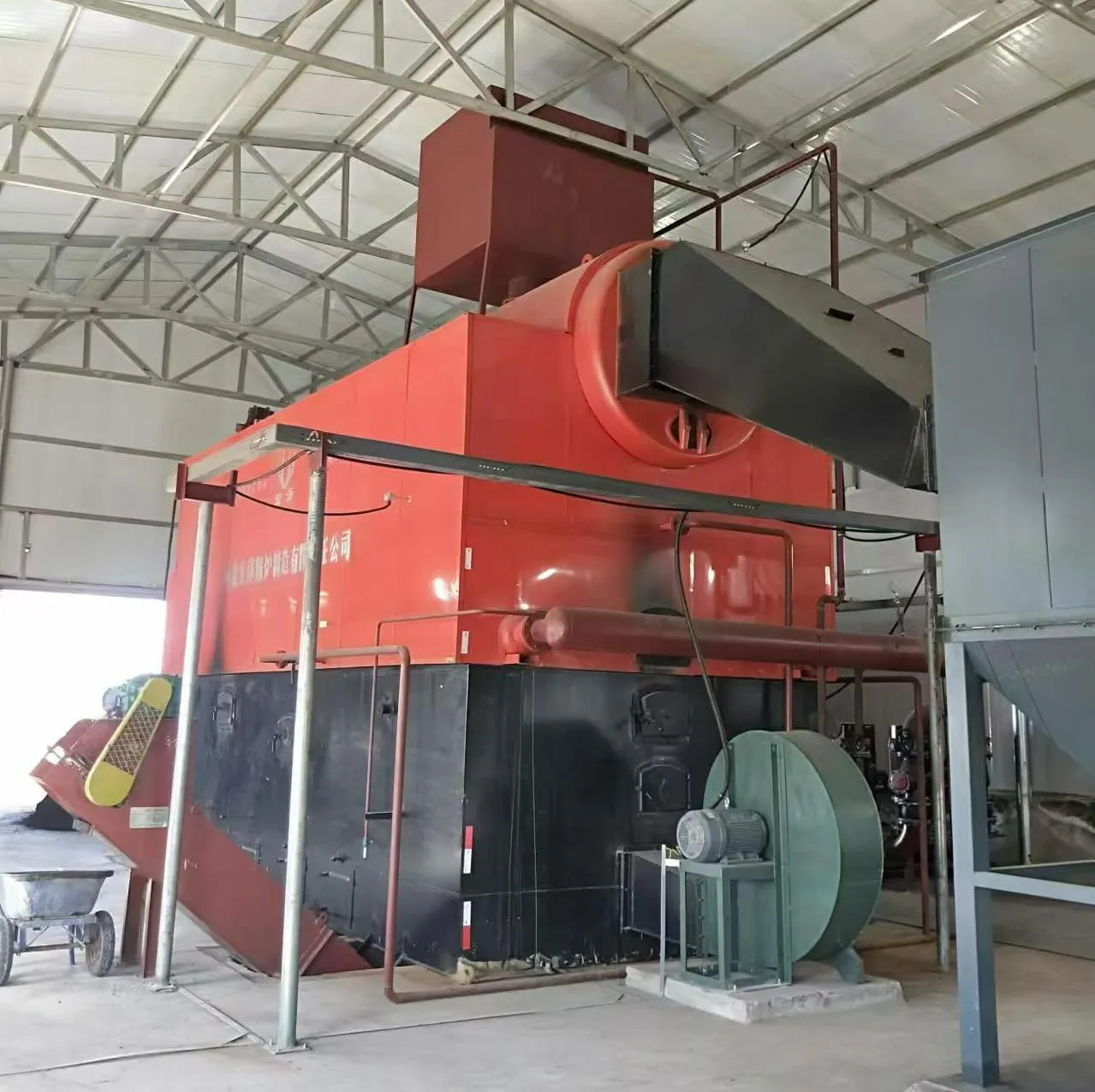
Nov . 10, 2024 17:43 Back to list
Boiler Configuration for Efficient Hot Water Production
Understanding Boiler Settings for Hot Water
Boilers are essential components of many heating systems, providing hot water for various domestic and commercial uses. Understanding boiler settings for hot water is crucial for ensuring optimal performance, energy efficiency, and safety. This article will discuss the key aspects of adjusting boiler settings and their impact on hot water delivery.
Boiler Types and Their Settings
There are different types of boilers—combi, system, and conventional boilers—each with distinct functionalities and settings. Combi boilers, for example, are compact units that heat water on demand, eliminating the need for a separate hot water cylinder. System boilers, on the other hand, use a separate cylinder to store hot water, which can be used simultaneously by multiple taps. Conventional boilers require a cold water tank and a hot water cylinder, making them less popular in modern installations.
Regardless of the type, most boilers have specific settings that influence how hot water is generated and delivered. Key settings to consider include temperature controls, pressure settings, and timer functions.
Temperature Control
The temperature setting on your boiler is one of the most critical parameters. In most cases, a hot water temperature of around 60°C (140°F) is recommended. This temperature effectively kills harmful bacteria such as Legionella while providing adequate hot water for domestic use. Setting the temperature higher than necessary can lead to increased energy consumption and faster wear on the boiler. Conversely, setting it too low may result in insufficient hot water and potential hygiene issues.
In addition to the hot water tank temperature, it’s essential to consider the flow temperature setting for heating systems. Typically, this is set in conjunction with the central heating requirements and can be adjusted based on seasonal needs.
Pressure Settings
Proper pressure settings are crucial for optimal boiler performance. Most residential boilers operate efficiently at around 1-1.5 bar of pressure. If the pressure is too low, the boiler may fail to operate correctly, leading to insufficient hot water supply. Conversely, excessively high pressure can cause leaks or damage to the boiler system.
boiler settings for hot water

Regularly checking and adjusting the pressure gauge is advisable, particularly after the heating system has been bled or if you notice fluctuations in hot water availability. Most modern boilers are equipped with a pressure relief valve to prevent undue pressure build-up, which is a vital safety feature.
Timer and Control Systems
Modern boilers often come with advanced timers and control systems that enhance convenience and efficiency. Programming timers allows homeowners to set schedules for when hot water is needed, minimizing energy use during off-peak hours or when the home is unoccupied. Many systems integrate smart technology, enabling users to control their boiler remotely via smartphones or other devices.
Investing in a smart thermostat can further optimize water heating, adapting to your routine and minimizing unnecessary energy expenditure. Such devices can also provide valuable insights into energy usage, allowing for more informed decisions about consumption patterns.
Maintenance Considerations
Regardless of the configuration, regular maintenance is crucial to ensure the boiler operates efficiently and safely. Annual servicing by a qualified technician helps identify potential issues before they escalate. Maintenance checks should include assessing the boiler pressure, temperature settings, and safety features, among others.
Homeowners can also engage in preventive measures, such as regularly checking the water temperature and pressure, keeping an eye on energy bills for any unusual spikes, and promptly addressing any signs of inefficiency.
Conclusion
Understanding boiler settings for hot water is fundamental for achieving optimal performance and efficiency in your heating system. By paying close attention to temperature and pressure controls, utilizing timers, and committing to regular maintenance, you can ensure a consistent and reliable supply of hot water while minimizing energy costs. Whether you have a combi, system, or conventional boiler, knowing how to adjust your settings can lead to a comfortable and energy-efficient home.
-
Oil Fired Hot Water Boilers Sale - High Efficiency & Affordable
NewsJul.31,2025
-
High-Efficiency Commercial Oil Fired Steam Boiler for Industry
NewsJul.30,2025
-
High-Efficiency Biomass Fired Thermal Oil Boiler Solutions
NewsJul.30,2025
-
High Efficiency Gas Fired Thermal Oil Boiler for Industrial Heating
NewsJul.29,2025
-
High-Efficiency Gas Fired Hot Water Boiler for Sale – Reliable & Affordable
NewsJul.29,2025
-
High Efficiency Biomass Fired Hot Water Boiler for Industrial and Commercial Use
NewsJul.29,2025
Related PRODUCTS






















